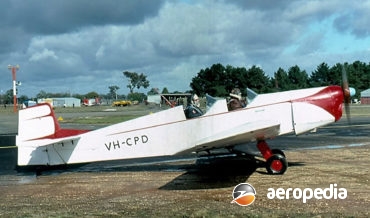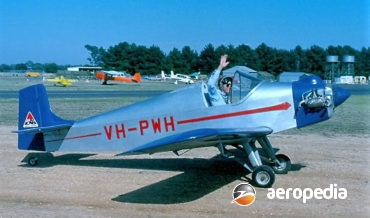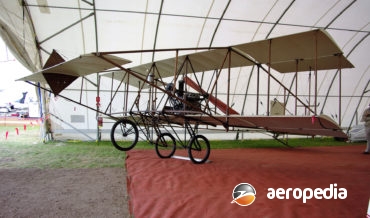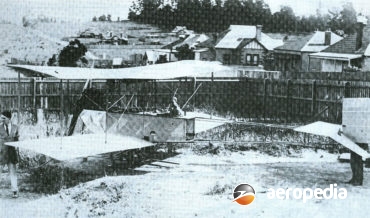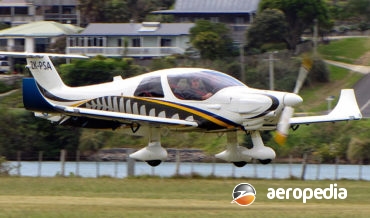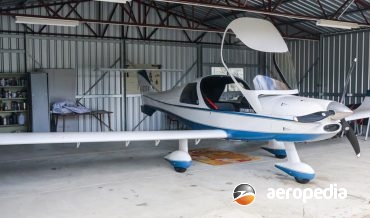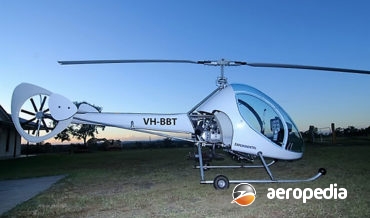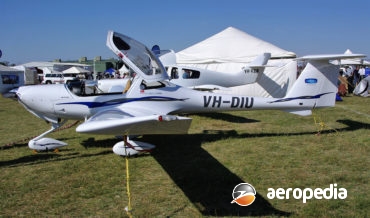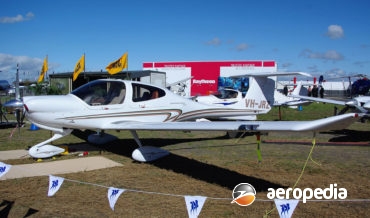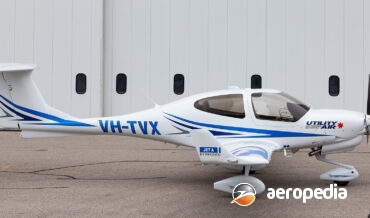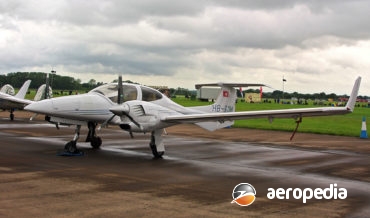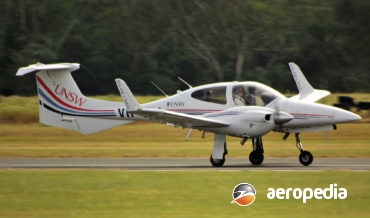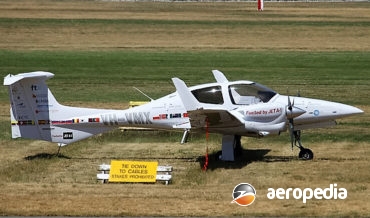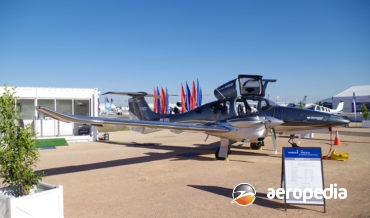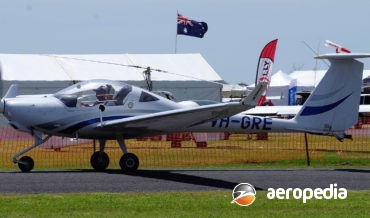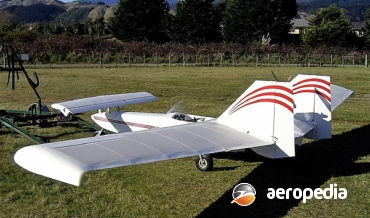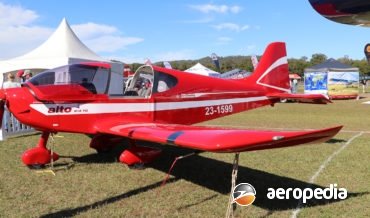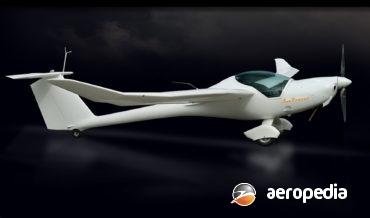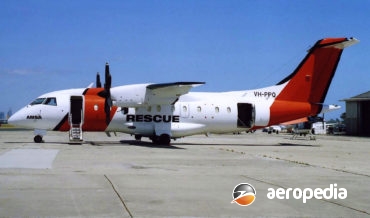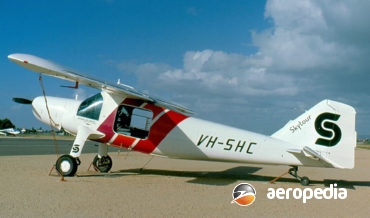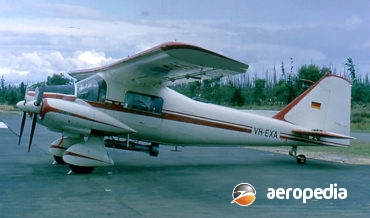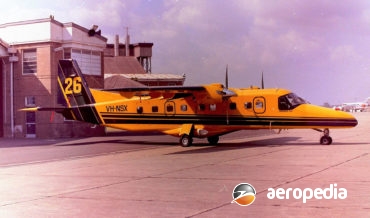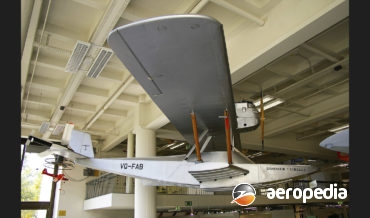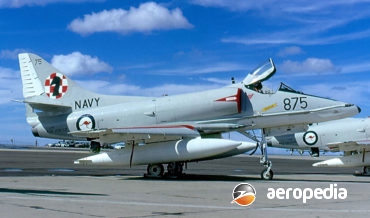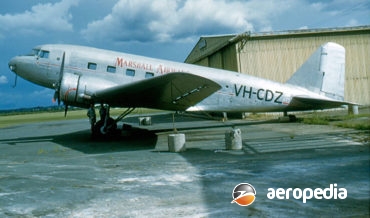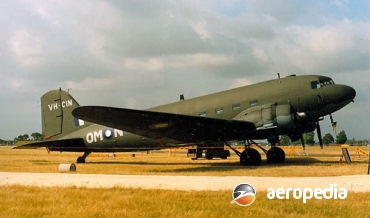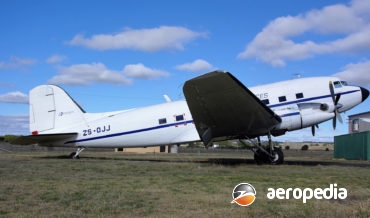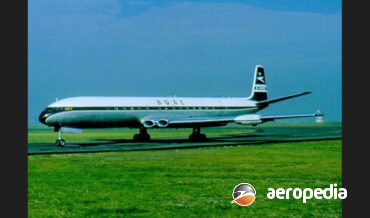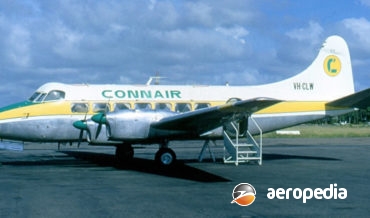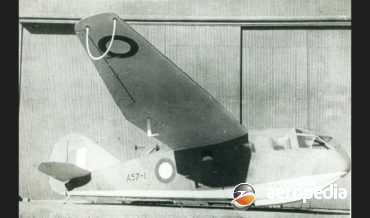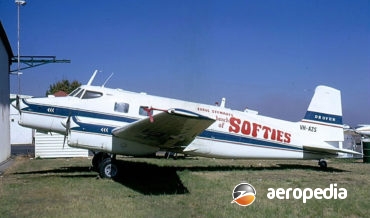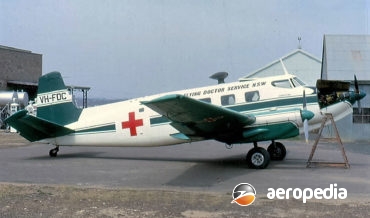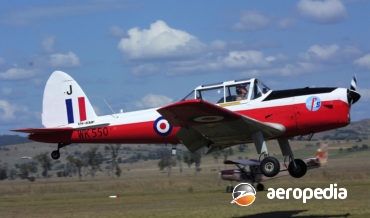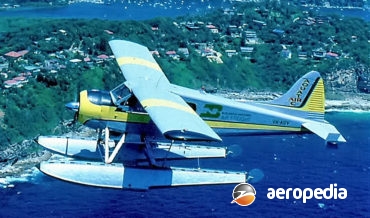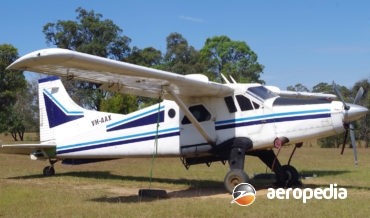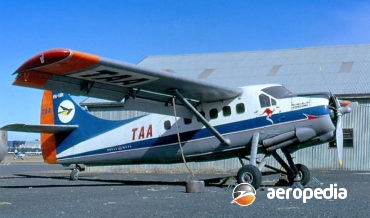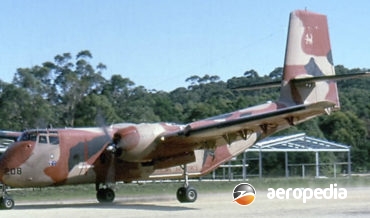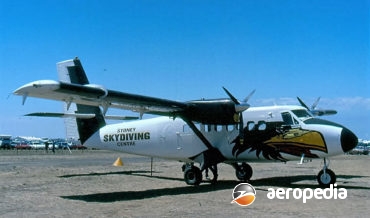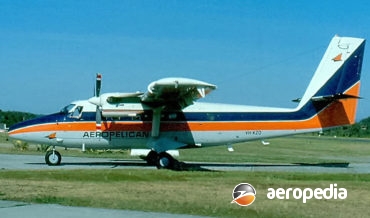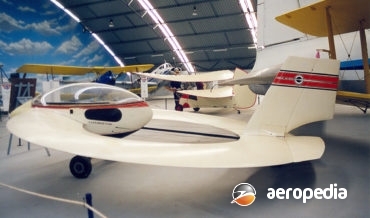David C. Eyre
The Druine D-5 Turbi was designed by the late Roger Druine in France as a two-seat development of the very successful Turbulent single-seat, light aircraft.
David C. Eyre
- May 8, 2019
The D-31 Turbulent was designed in France by the late Roger Druine as a single-seat, low-wing monoplane which would be simple to construct by an amateur.
David C. Eyre
- May 8, 2019
The Duigan biplane was designed and built by John and Reginald Duigan on a farm 128 km (80 miles) from Melbourne, and was the first aircraft to be designed and built in Australia.
David C. Eyre
- May 8, 2019
In 1911 John Duigan, whilst in England, ordered an Avro aircraft known as the Avro Type D fitted with a 37-kw (50-hp) Alvaston engine, and in it he gained his Royal Aero Club certificate No 211 at Brooklands in April 1912.
David C. Eyre
- May 8, 2019
The MCR-4 series was designed and is marketed in France by Societe Dyn’Aero of Darois and was initially produced in two versions, the MCR01 ULC, being an ultra light which has a max all-up weight of 450-kg (992-lb) so may be registered under ultra-light rules;
David C. Eyre
- May 8, 2019
The Dyn Aero MCR Ute Pickup was designed and put into production in France as a two-seat cabin monoplane, being a development of a four-seat variant with the rear seats removed to permit the carriage of more cargo.
David C. Eyre
- May 8, 2019
Dynali was formed in the early 1980s, the company being formed by Jacques Tonet in Belgium as Dynali, later becoming Dynali Helicopters.
David C. Eyre
- May 8, 2019
The DA-20 series was introduced to the Diamond range of training aircraft, being a two-seat trainer aimed at the market for trainers before the DA-40 and DA-42 aircraft.
David C. Eyre
- May 8, 2019
The DA 40 series of light aircraft is built by Diamond Aircraft Industries at its facility south of Vienna in Austria.
David C. Eyre
- May 8, 2019
As noted in the Diamond DA-40 article, the DA-40 series has continued to be developed by the manufacturers and has become very popular around the World in the training role.
David C. Eyre
- May 8, 2019
The DA-42 Twin Star was developed by Diamond Aircraft Industries Gmbh at Wiener Neustadt in Austria from the DA-40 series and was built in the company’s plant in Vienna, the aircraft being unusual at that time in that it was fitted with modern diesel engines.
David C. Eyre
- May 8, 2019
In August 2008 Diamond announced it was introducing two new models of the Twin Star, the first being the DA-42-NG with 120-kw (170-hp) turbo diesel engines, and the DA-42-L360 with normally aspirated Lycoming IO-360 engines, the latter being specifically aimed at the US market.
David C. Eyre
- May 8, 2019
The genesis of the DA-42 commenced in 1981 when the then Austrian-based company, Diamond Aircraft Industries, produced a series of gliders and has continued over the years to produce the DA-20, DA-40 and DA-42 series, these being very distinctive aircraft in having long high-aspect ratio wings, winglets, and a tapered
David C. Eyre
- May 8, 2019
Diamond Aircraft in Wiener Neustadt, Austria commenced business producing the DA-20 Katana series and in due course was the instigator of aircraft being fitted with diesel engines to reduce running costs.
David C. Eyre
- May 8, 2019
Hoffman Flugzeugbau was founded in 1981 in Friesach, Austria, to produced the H36 Dimona motor glider. By 1985 it had become a subsidiary of Simmering-Graz-Pauker AG and, after moving to Vienna, introduced the Dimona Mk II.
David C. Eyre
- May 8, 2019
The XTC was designed and built in kit form by Diehl Aeronautical in the 1980s as an amphibious ultra-light aircraft with an open cockpit.
David C. Eyre
- May 8, 2019
The Alto is a two seat training and sport aircraft built in the Czech Republic and has become available in three main versions, the Alto TG with a tricycle undercarriage;
David C. Eyre
- May 8, 2019
The SunDancer is a development of the Urban UFM-13 Lambada to meet the American Light-Sport Aircraft regulations with a gross weighty of 600-kg (1,323 lb) and is listed as a type approved by the US FAA in that category.
David C. Eyre
- May 8, 2019
In 1987 it was announced that Dornier was incorporating the latest technology into its new 30-passenger DO 328 regional airliner.
David C. Eyre
- May 8, 2019
The Dornier DO.27 was the first German military aircraft of post-war design to achieve quantity production, and it saw service with the air forces of West Germany, Switzerland, and South Africa, as well as the armies of Germany and Sweden.
David C. Eyre
- May 8, 2019
The DO.28 was designed and built by Dornier as a STOL light utility aircraft.
David C. Eyre
- May 8, 2019
In June 1979 Dornier tested an aircraft called the Dornier DO 228TNT. A new commuter airliner with an advanced technology wing, it was aimed at the 15/19-seat commuter market. The initial model was the 228-100, the prototype of which flew on 28 March 1981.
David C. Eyre
- May 8, 2019
The Dornier Libelle was a light three-seat sporting flying boat built in the 1920s by Dornier Metallbanten at Freidrichshafen and was delivered in some numbers.
David C. Eyre
- May 8, 2019
Now more than 65 years old, and after the completion of some 2,960 examples, the last being delivered in February 1979, the Skyhawk series proved to be one of the most versatile shipboard attack aircraft, and was still in service with a few airforces at the turn of the century.
David C. Eyre
- May 8, 2019
The Douglas DC-2, which was a direct development of the sole DC-1 (X223Y), flew for the first time on 11 May 1934 powered by two Wright SGR-1820 engine of 537-kw (720-hp).
David C. Eyre
- May 8, 2019
The most famous and widely used transport aircraft of all time, the Douglas DC-3 was developed from the DC-1 and DC-2.
David C. Eyre
- May 8, 2019
Over the years a number of conversions have been made to the Douglas DC-3 / C-47 series to increase performance and this has usually involved the installation of turboprop power plants.
David C. Eyre
- May 8, 2019
Design of the Comet commenced in 1946, at that time it being a 44 passenger aircraft with a range of 3,540 km (2,200 miles) powered by four 5,000 lbst de Havilland Ghost 50 turbojet engines.
David C. Eyre
- May 8, 2019
Basically a development of the de Havilland Dove, and originally known as the DH-114, the Heron, during the main part of its production life, became known as the Hawker Siddeley Heron when de Havilland became part of the Hawker Siddeley Group in the United Kingdom
David C. Eyre
- May 8, 2019
In March 1942 the Department of Air published a requirement for 126 troop transport gliders for the RAAF, and a specification was issued for a seven-seat prototype of the glider for development and testing.
David C. Eyre
- May 8, 2019
The Drover was designed in the 1940s by the Australian section of the de Havilland Company as a simple, light but sturdy aircraft capable of carrying freight and passengers.
David C. Eyre
- May 8, 2019
Following accidents to the Gipsy power Drovers in New Guinea the Australian Department of Civil Aviation placed restrictions on the operation of the type, the 11 aircraft then in service being grounded on 11 September 1952 but, after some modifications were made, the grounding was lifted.
David C. Eyre
- May 8, 2019
The prototype Chipmunk (CF-DIO-X), which was designed by W J Jakimiuk for de Havilland Canada, was flown for the first time on 22 May 1946.
David C. Eyre
- May 8, 2019
The prototype of the de Havilland Beaver (CF-FHB) utility aircraft was flown for the first time on 16 August 1947.
David C. Eyre
- May 8, 2019
The Mk III Turbo Beaver was a logical step from the piston engined Beaver to provide a more modern power plant and greater capacity.
David C. Eyre
- May 8, 2019
Like its predecessor, the DHC-2 Beaver, the Otter was developed in Canada to operate in undeveloped areas such as those in northern Canada.
David C. Eyre
- May 8, 2019
The decision to proceed with the design and development of the Caribou twin-engine transport was taken in 1956 after nearly two years of study.
David C. Eyre
- May 8, 2019
Using basically the same fuselage and wing as the single-engine Otter, the DHC-6 Twin Otter was designed with a new nose and tail assembly, and the cabin section was extended in length to seat up to 20 passengers.
David C. Eyre
- May 8, 2019
Following the success of the earlier Twin Otters Series 100 and 200 de Havilland Canada moved to the Series 300, production of this ;
David C. Eyre
- May 8, 2019
The Dehn Ring Wing was built in 1972 by its designer, Karl Dehn, in Victoria where it was known around Benambra (near Omeo) as “the flying Dunny Seat”.
David C. Eyre
- May 8, 2019
Recent Comments
Archives
Categories
- No categories
Categories
- No categories
Latest Posts
Newsletter

